Spring is a beautiful time of year, but not for all of us because it comes with a not-so-pretty problem: seasonal allergies, also known as hay fever. You’re not alone in this as many people suffer from these pesky allergies.
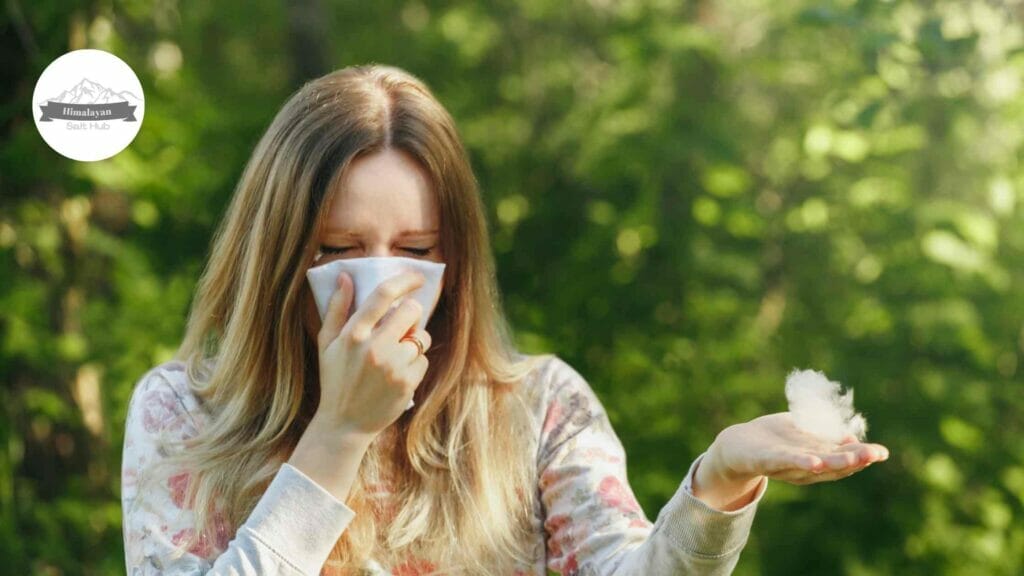
The seasonal allergy symptoms can be pretty bothersome i.e. a runny nose, itchy red eyes, and scratchy sore throat. But don’t worry! There are ways to manage your symptoms so you can still enjoy being outside and not get effected.
In this article, we have discussed the types of seasonal allergies, their most common symptoms, and easy and effective tips and treatments to help you feel better. Trust us, with our approach, you’ll be able to enjoy spring without feeling miserable and holding tissue all the time.
How do you know if you have seasonal allergies?
Do you find yourself sneezing and rubbing your nose at the same time each year?
One of the most common symptoms is sneezing, which can be frequent and persistent. You might also experience a runny or stuffy nose, watery or itchy eyes, and an itchy throat. Some people also experience headaches, fatigue, and irritability due to the discomfort caused by allergies.
Seasonal allergy symptoms are similar to that of cold but there are a few differences to look out for. Allergy symptoms tend to last longer than a cold and often trigger at the same time each year, typically during the spring and fall when plants release pollen.
Types of Seasonal Allergies
- Hay fever (allergic rhinitis), triggered by pollen from trees, grasses, and weeds.
- Mold spores, which can thrive in damp areas like basements, bathrooms, and kitchens.
- Dust mites, tiny bugs that live in household dust and can trigger allergies year-round.
- Pet dander, the tiny flakes of skin shed by cats, dogs, and other animals.
- Insect bites and stings, which can cause an allergic reaction in some people.
Seasonal Allergy Symptoms Fall
As fall approaches, so do seasonal allergies for many people. Some common allergic symptoms include:
- Runny nose, stuffy nose, and chest congestion
- Sneezing, coughing, and postnasal drip (the most irritating one..duh!)
- Itchy Red eyes, itchy nose, throat, and ears
- Watery eyes and dark circles under your eyes (Yes! Dark circles after allergies are real)
- Fatigue and irritability
Spring Allergies: Allergy Season
Spring is famous as allergy season in people with allergies, this is because the high amount of allergy triggers active in this season.

Here are some common allergens that can trigger spring allergies:
- Increase Pollen Count: from trees, grasses, and weeds as they begin to bloom and grow
- Mold spores: that thrive in indoors damp areas of your home such as basements, bathrooms, and kitchens
- Dust mites: that live in household dust and cause allergies year-round (not only in spring)
- Pet dander: from your furry cats, dogs, and other animals
- Insect bites and stings: which can cause an allergic reaction in some people (not so common though)
Spring Allergy Symptoms: Common Seasonal Allergy

Spring is the pleasant season with new flowers and trees blooming around. But it is also host to allergens that trigger symptoms of allergy, or new allergies occur or allergy symptoms may get worse. These symptoms are same as hay fever symptoms or any other allergy symptoms. If you’re allergic you may experience symptoms more severely than other people. It include itching in nasal passages, common cold, and sometimes symptoms similar to that of Covid-19.
Suspected Allergens / Triggers in Spring Months:
- Pollen in the air from trees, grasses, and weeds
- Mold spores
- Dust mites
- Pet dander
- Air pollution
- Changes in weather and temperature
- Certain foods or medications (for some people with pollen allergies)
What months have seasonal allergies?
In general, however, the most common months for seasonal allergies tend to be spring and fall. During the spring, trees and flowers begin to bloom, releasing heavy pollen in the air. This trigger allergies in many people, causing symptoms like sneezing, runny nose, and itchy eyes.
Similarly, in the fall, plants release their own types of pollen, leading to another wave of allergy symptoms for people who are allergic. In some areas, allergy season can even extend into the summer months, depending on the local climate and plant life.
Not everyone experiences seasonal allergies, and even those who do may not have symptoms year-round. Also, there are many different types of allergies that can occur at any time of the year, so it’s always a good idea to talk to allergist if you’re experiencing any symptoms that you might think is allergy.
Symptoms of Seasonal Allergies in Adults
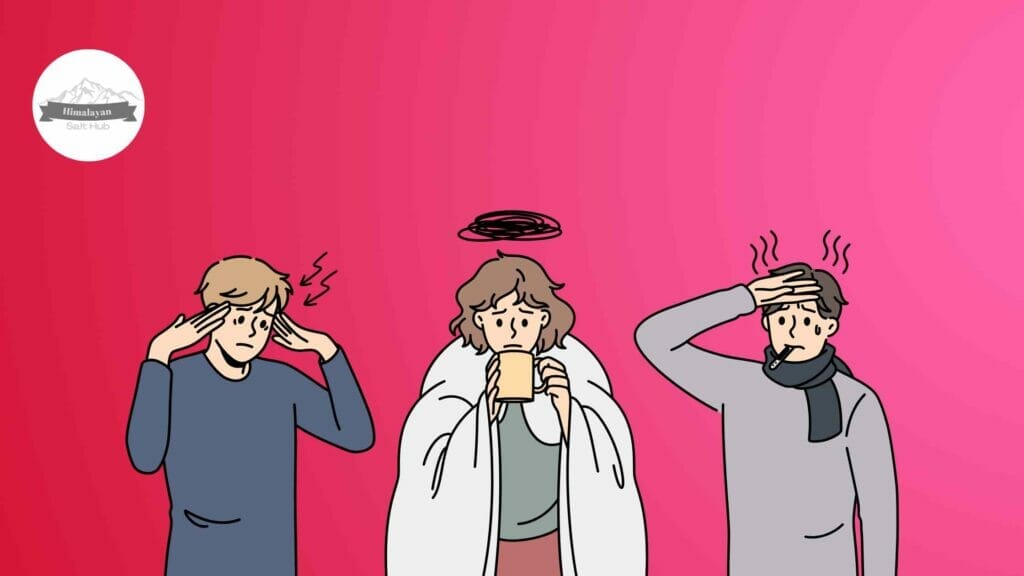
During allergy seasons, you might have heard the following type of sentences from your allergic friends or family members:
- Oh no! The pollen count is high again, and my nose is starting to itch!
- My eyes are watering like crazy, and I can’t stop rubbing them. It feels like there’s something stuck in them.
- Ugh, my sinuses are so congested that I can barely breathe through my nose. It’s making me feel so stuffy and uncomfortable.
- Why does my throat feel scratchy and sore all of a sudden? It’s like I have a constant tickle that won’t go away.
- My head feels so heavy and foggy. It’s hard to concentrate on anything when I’m feeling this way.
- I’m sneezing so much that I feel like I can’t get a break. It’s exhausting and embarrassing.
- My skin is so itchy and irritated, especially around my eyes and nose. It’s driving me crazy!
This is because they are suffering from outdoor / indoor allergies or allergy from trees and grass pollen and their symptoms of allergy are showing up in different ways.
Seasonal Allergy Symptoms Sore Throat

Seasonal allergies are real pain, and one of the most frustrating symptoms is a sore throat. It feels like there’s a constant lump in your throat, and every time you swallow it’s like swallowing broken glass. The reason for this is because your body is reacting to the allergens in the air, causing inflammation and irritation in your throat.
But don’t worry, there are ways to ease the discomfort! One natural remedy that’s gaining popularity is using Himalayan salt. Due to anti-inflammatory properties, it can help reduce swelling and soothe your sore throat.
You can use it by mixing a teaspoon of salt in warm water and gargling it a few times a day. Not only will it help with your sore throat, but it’s also a great way to improve your overall oral health. So next time you’re suffering from seasonal allergy symptoms, give Himalayan salt a try!
Pollen and Other Seasonal Allergens
Here is list of some common seasonal allergens, but this list is not exclusive because allergens can vary for each person and trigger every individual in their own way.

- Pollen: Comes from trees, grass, and weeds, and is released into the air during the spring, summer, and fall months.
- Dust mites: Live in bedding, upholstered furniture, and carpets.
- Mold: Grows in damp areas like bathrooms, kitchens, and basements.
- Pet dander: Comes from the skin, hair, and saliva of dogs, cats, and other furry pets.
- Cockroaches: Found in homes and other indoor environments, particularly in warm, humid climates.
- Food: Common allergenic foods include milk, eggs, peanuts, tree nuts, soy, wheat, fish, and shellfish.
- Insect stings: Can cause an allergic reaction in some people, particularly from bees, wasps, hornets, yellow jackets, and fire ants.
Severe Seasonal Allergy Symptoms Treatment
Severe seasonal allergy symptoms can really impact your daily life activities, but there are a variety of treatments available that can help alleviate your symptoms.
Over-the-counter antihistamines, pink salt nasal sprays, and eye drops can be effective in relieving allergy symptoms.
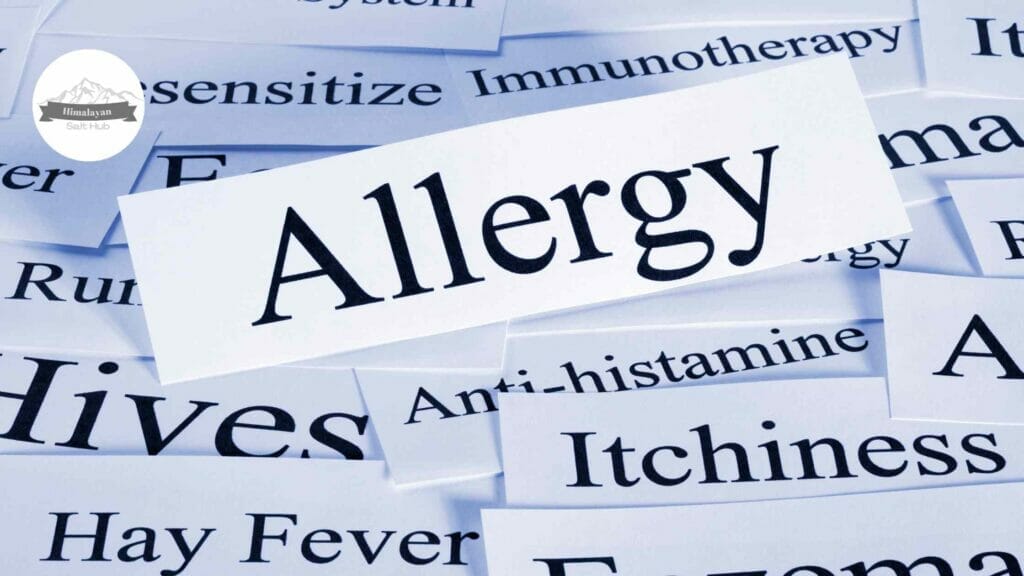
However, if your symptoms are severe or persist despite these treatments, you may need to consult with allergists. They may recommend medications like corticosteroids or immunotherapy for improving symptoms, which help reduce inflammation and build up your immune system’s tolerance to unavoidable allergens. In addition to medication, there are some other steps you can take to manage your allergies, such as:
- Don’t hang your laundry outside to dry. It may smell fresh, but pollen can easily cling to your clothes, making you more susceptible to allergy symptoms.
- Avoid outdoor activities during peak pollen times, typically mid-morning to early evening. If you must go outside, wear a hat and sunglasses to help shield your face from pollen.
- Stay away from freshly cut grass. The smell may be tempting, but grass releases pollen into the air when it’s cut, which can trigger allergy symptoms.
- Don’t smoke or be around people who smoke. Smoke can irritate your respiratory system and make allergy symptoms worse.
- Avoid eating certain foods that can cross-react with allergens, such as bananas, melons, and cucumbers if you’re allergic to ragweed. It can cause your body to have an allergic reaction even if you’ve never had a reaction to these foods before.
- Stay away from mold and mildew. These can thrive in damp areas like basements, bathrooms, and kitchens, and can trigger allergy symptoms.
- Don’t let pets into your bedroom. They can carry pollen and other allergens into your sleeping area, causing allergy symptoms to worsen
- Use air purifiers and humidifiers in your home
- Keep your home and car windows closed during allergy season
- Wear a face mask when spending time outdoors
Keep Seasonal Allergies Under Control with Pink Salt
Pink Salt can be your best friend during allergy season. Here are following ways in which you can incorporate Pink salt to keep your allergies under control.
- Use a Neti pot: A Neti pot is used for nasal irrigation. Mix a teaspoon of pink salt with warm water and use the Neti pot to flush out allergens and mucus from your itchy nasal passages.
- Saltwater gargles: Gargling with salt water help relieve allergy symptoms of sore throat. Mix pink salt with warm water and gargle for a few seconds before spitting it out.
- Salt inhalers: Salt inhalers are best way to use pink salt to relieve allergies. Inhale salt vapor from a salt inhaler to help reduce inflammation in your airways.
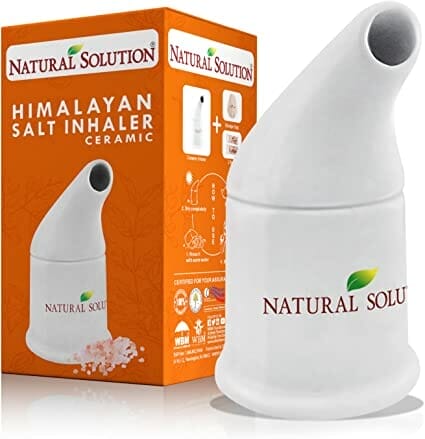 | 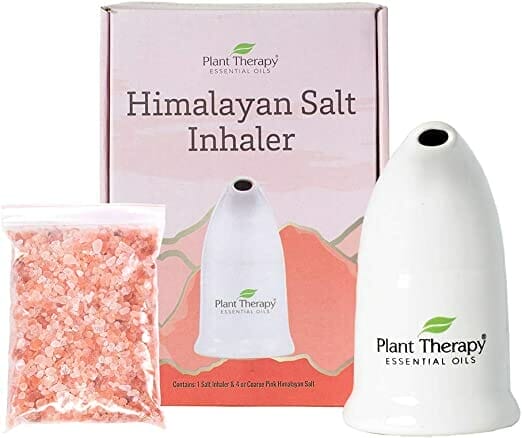 | 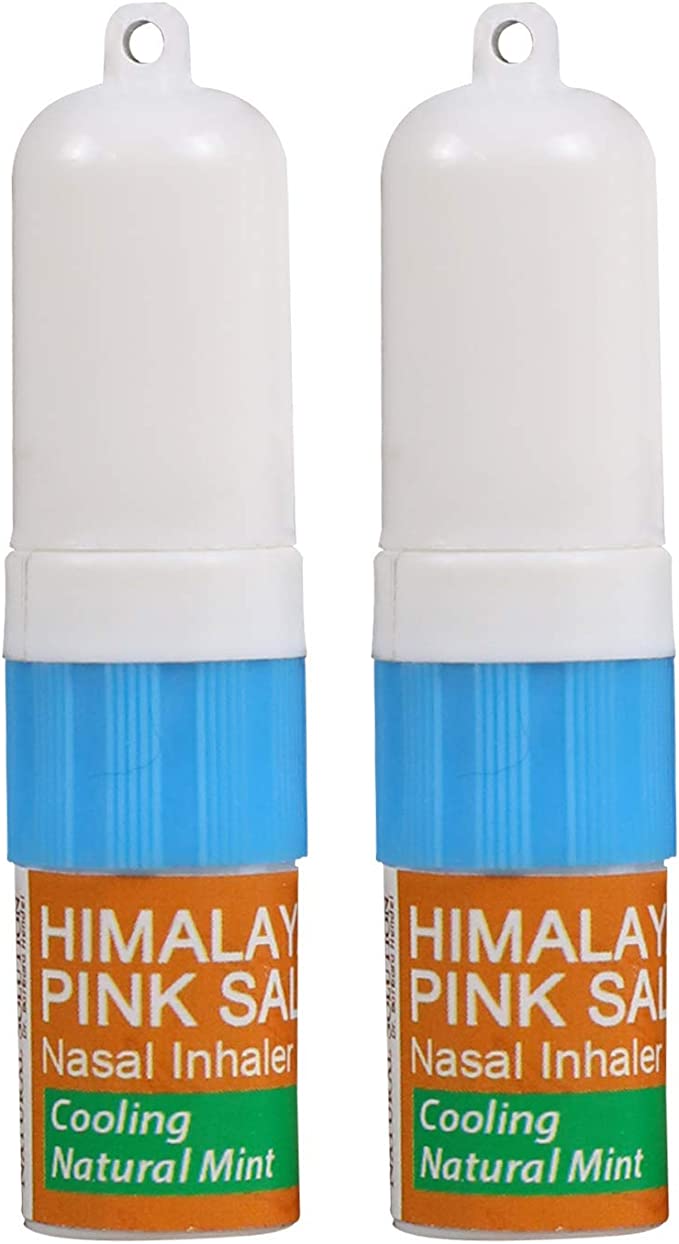 |
Natural Solution Ceramic Salt Inhaler with 2 Refills | Plant Therapy Pink Himalayan Salt Inhaler | Nasal Inhaler with Cooling Mint Essential Oils |
- Salt baths: Soaking in a bath with pink salt can help reduce skin irritation caused by allergies. Add a few cups of pink salt to warm water and soak for 20-30 minutes.
- Salt lamps: Pink salt lamps are believed to have air purifying properties that help remove allergens from the air. Place a salt lamp in your bedroom or living room to help reduce allergy symptoms.
- Drink saltwater: Drinking warm salt water soothe a sore throat and reduce inflammation caused by allergies. Mix a teaspoon of pink salt with warm water and drink it slowly.
Allergy Symptoms Seasonal vs Covid
It is understandable that sometimes your allergy symptoms get worse to the point that it starts to feel like Covid-19 or any other chronic illness. Some symptoms may overlap but here is a list for both the problems.
Seasonal Allergy Symptoms:
- Sneezing
- Runny or stuffy nose
- Itchy or watery eyes
- Postnasal drip
- Fatigue
- Headache
- Mild fever (sometimes)
COVID-19 Symptoms:
- Fever
- Dry cough
- Shortness of breath or difficulty breathing
- Fatigue
- Muscle or body aches
- Headache
- Sore throat
- Loss of taste or smell
- Congestion or runny nose (less common)
Conclusion
Congratulations on reaching the end of this guide to seasonal allergy symptoms, allergens, and treatment! It can be frustrating to deal with allergy symptoms year after year, but there are steps you can take to alleviate them.
One effective method is to build up a tolerance to allergens through immunotherapy or allergy shots. Another option is to take advantage of skin testing to identify the specific allergens triggering your symptoms so that you can avoid them.
For those struggling with nasal congestion, there are plenty of ways to relieve it, such as over-the-counter medications, prescription medications, or even natural remedies like saline nasal sprays. Lastly, if you’re looking to reduce allergens in your home, try air filters, which can help trap airborne allergens and improve indoor air quality.
Remember, while allergies can be a nuisance, they don’t have to take over your life. With the right strategies, you can keep your symptoms in check and enjoy each season to the fullest.


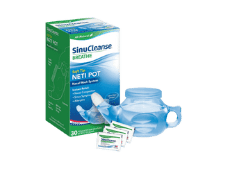
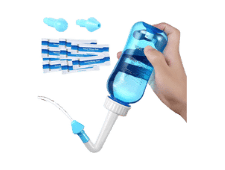
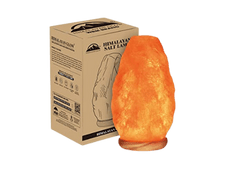
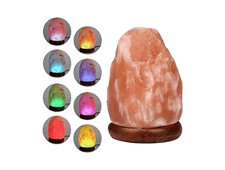
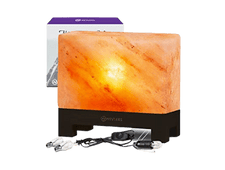





0 Comments